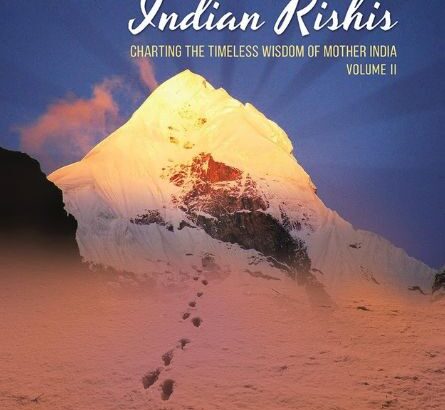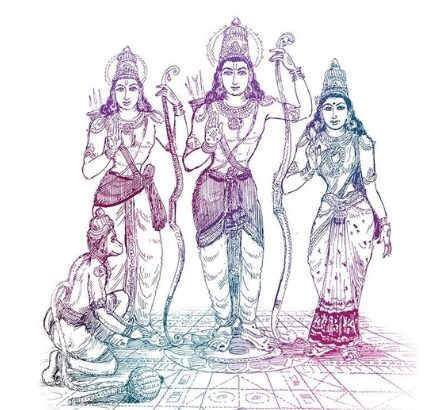The Holy Feet of Illumined Souls on Earth
"From dreams awake, from bonds be free.
Know the Truth! Thou art He; thou art She."
The Rishis of India, knowers of Truth, in seeking the ultimate welfare and highest good for all of humanity throughout the ages, pioneered an unprecedented myriad of religious and philosophical systems. These availed the aspiring soul of a copious network of wisdom pathways, opening inwards to the Light of Nondual Reality. Veda, Tantra, Sankhya. Nyaya. Vaishesika, Purva Mimamsa, Vedanta, Yoga, Buddhism, Patanjala (Yoga), Sikhism, Jainism, Vaishnavism. Shaivism, Shaktism. Sourism, Ganapatya — the list goes on and on. This reveals a universal vision the likes of which was never before seen in any country or conceived of by any other race of human beings. Here is not only one holy book, or merely one divine incarnation, or just a single prophet, but dozens to hundreds of each, all supported, maintained, and lovingly transmitted by countless luminaries stretching back millennia B.C.E.
India therefore stands as an exceptional example before the eyes of the world. The main principle which makes her so is realization of and adherence to Truth, as demonstrated and elucidated upon in this book. It is founded upon the natural acceptance of the presence of God as Existence Itself. This Truth was tempered on earth over millennia in the fires of spiritual practice, infusing Vedic philosophy and religion with many important keys concerning the attainment of direct spiritual experience.
The subtitle of this book, "Charting the Timeless Wisdom of Mother India," proves itself through 299 charts, all created to transmit the depth and breadth of India's dharmic teachings, and replete with thorough and in-depth commentaries.















